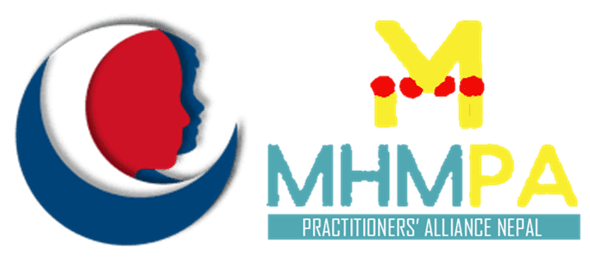Background
Although menstruation is a natural process that signals a girl’s entry into womanhood, in many low-income countries such as Nepal, millions of women and adolescent girls face significant challenges when it comes to managing menstruation hygienically, with dignity, security and confidence. Nevertheless, in the past few years Nepal has experienced a growing awareness about the health, educational and social consequences for girls and women of poor menstrual hygiene and harmful practices.
Cultural constraints, lack of access to accurate information, lack of facilities and suitable sanitation in schools and homes can restrict menstruating women and girls from participating fully in society. Social, cultural and religious factors and taboos also play a strong role in influencing attitudes and beliefs about menstruation. In addition, the high costs and lack of availability of sanitary pads mean women have to rely on less hygienic options, such as dirty rags, ashes or dried leaves. As a result, menstruation can often be a very traumatic process.
The Summit
On the 11th December, the MoHP, the MHM Alliance in collaboration with the Federal Government of Germany through the GIZ coordinated ‘Support to the Health Sector Programme’ will host a national conference in Kathmandu, Nepal. The Summit: MenstruAction- No time to Rest: Ensuring every girl and woman can thrive on her period, will follow and build upon from the first national conference on Adolescent Health and Development in 2016 in Nepal. It will reflect on the achievements by the Menstrual Health and Management (MHM) Alliance and ask how the different organisations in the alliance can better work together to improve menstrual health management in Nepal and globally. It will bring together Nepal’s various sectors associated to MHM, leading policy makers, practitioners, researchers, creators, private sector, adolescent, youth representatives and media. There will be discussions on how to advance the agenda and what it will take to best design and deliver effective Menstrual Health management and development packages, as a shared aspiration and responsibility for the future.
Methodology
Technical Working Groups:
The conference will bring together Nepal’s various sectors associated with MHM: leading policymakers, practitioners, researchers, adolescent and youth representatives and media .There will be discussions on how to best design and deliver future Menstrual Health Management and corresponding development packages, as a shared responsibility and aspiration. Prior to the Summit, we will form 7 Technical Working Groups (TWG) in order to stimulate and direct these discussions. The 7 key areas will be
- TWG 1: Awareness, Advocacy
- TWG 2: Policy Laws and Regulation
- TWG 3: Education and Learning
- TWG 4: Innovations on Menstrual Products
- TWG 5: Thematic Research and Analysis
- TWG 6: Water, Sanitation and Hygiene
- TWG 7: Menstrual Health Management.
These technical working groups will come together twice before the Summit and eventually present their findings, action plans and pledges at the Summit to the 4 key relevant Ministries: (Ministry of Health and Population, Ministry of Education, Science and Technology, Ministry of Water Supply, and Ministry of Women, Children and Senior Citizen).
Who are we?
Menstrual Health Management (MHM) Alliance
The MHM Alliance is a national network, founded in 2017, with over 50 organisational members covering around 80 initiatives. The MHM Alliance works on awareness/advocacy, education, policy development, innovation and research around menstrual health and hygiene in Nepal. The MHM Alliance is an inter-sectoral, inter-professional, multi-stakeholder platform for coordination and exchange of ideas aimed at engaging actors around MHM initiatives. The MHM Alliance positions itself as an advisory network for government of Nepal. It facilitates knowledge management for decision-making and promotes the MHM agenda at national and sub-national levels.
GIZ Nepal
Since 2015, the Support to the Health Sector Programme has been working closely with the government of Nepal to address menstrual health through interventions that includes (amongst other strategies) school-based education, and the manufacturing of reusable and disposable low-cost sanitary pads. Under the umbrella of both the Ministry of Health and Population and the Ministry of Education, this programme started with over 500 schools in the 14 districts most affected by the earthquake as well as other districts in the Mid- and Far-west regions. It aims to raise awareness and break down taboos surrounding menstruation by training teachers and health workers to address these issues and better educate both girls - and boys - about MHM. The programmes teaches pupils how to make reusable sanitary pads and has assisted with the setting up of community-led social enterprises to produce low cost sanitary pads and provide employment and income for local women.


